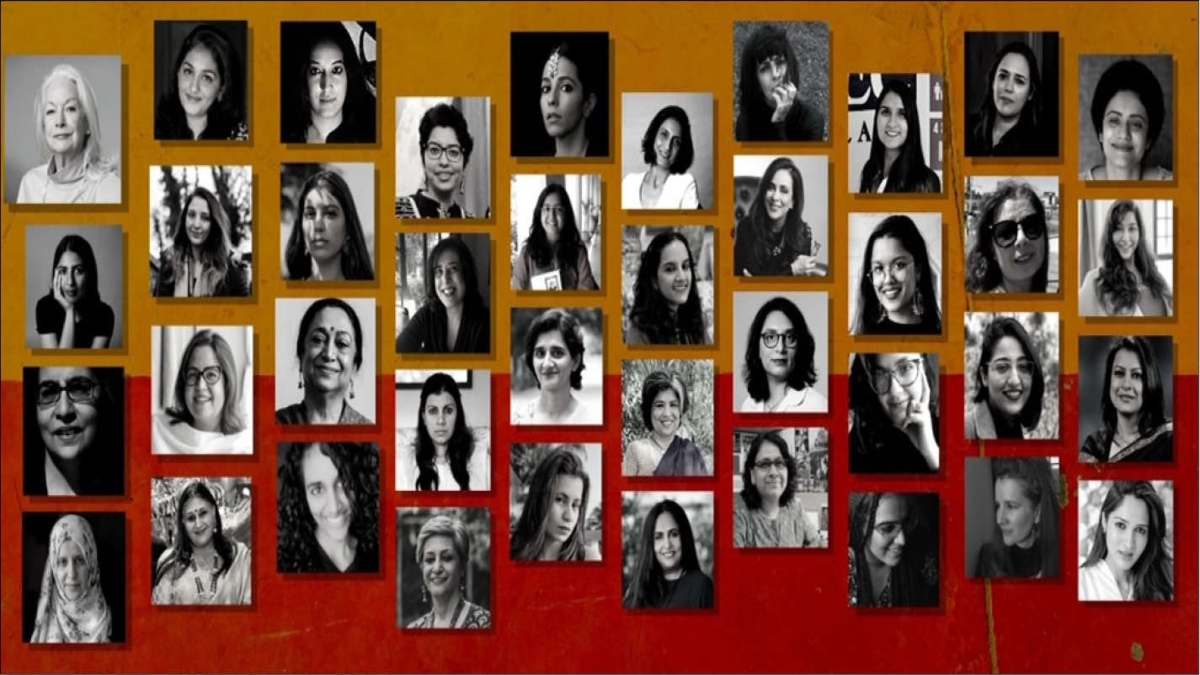


Whenever Aaghaz-e-Dosti, a peace initiative to normalise relationships between the youth of India and Pakistan, holds virtual conferences between schoolchildren of both countries, the questions usually asked are: “Does your teacher give you a lot of homework too?” and “Do you like maths?”
“The initiatives have given the children a space to connect with their peers across the border without reducing them to their political and social identity,” says India convener Dr Devika Mittal, an associate professor at University of Delhi, who has been upholding the cause of India-Pakistan peace for several years. Students are invited to send one another greeting cards, and to converse in Hindi, Urdu or even Gujarati depending on the linguistic region, which often leads to expressions of amazement once they realise the ‘other’ is just like them.
Under all the rhetoric of hate that has dominated the media and political landscape over the past several years lie numerous stories of humanity, hope and a shared history. It is to highlight this truth that I, along with a group of intrepid peaceniks across various professions and time zones, have set out to normalise the conversation between Indians and Pakistanis, and to offer practical, grassroots solutions for long-term peace, be it in the form of literature, art, culture, cinema or through the optimistic voices of the youth.
Our initiative, titled Indo-Pak Peace Summit Led by Women organised by eShe magazine, is a virtual conference being held on January 16-17. The schedule includes talks by notable peace activists from South Asia and worldwide, including three-time Nobel Peace Prize nominee Dr Scilla Elworthy, and panel discussions between award-winning filmmakers, global youth activists, writers, artists, designers, and entrepreneurs. All 40 speakers are women.
As UK-based peace builder Dr Elworthy says in her new book The Mighty Heart: How to Transform Conflict (2020), “When women are included in peace processes, there is a 35% increase in the probability of an agreement lasting at least 15 years longer. Why? Because male negotiators (often previous combatants) are primarily concerned with territory, resources and positions of power, while women bring to the table the concerns of orphans, the injured, the bereaved and the traumatised. When these issues are addressed, the cycle of violence can be more effectively interrupted and turned around.”
Despite women’s success as peacemakers and peace negotiators, only 13% of negotiators, 6% of mediators, and 6% of signatories to peace agreements were women during peace negotiations from 1992 to 2019. And considering that only 13% of parliamentarians in India and 20% in Pakistan are women at present, and that the current leaders of both states are more likely to pander to populist local narratives of enmity rather than sustainable, long-term solutions for peace in the region, we are unlikely to see any productive peace treaties emerging from our political leadership in the next few years.
And it will come at a cost—to both business and human lives, not to mention the thousands of crores spent on militarization and war. With leisure travel almost at a halt between the two nations at present, thousands of families have been forced to live apart for years on end. With the economy at a dangerous low, this further barricading of markets and business opportunities is unhealthy for the entire region. And with extremist religious jingoism increasing unchecked on both sides of the border, the rights of women, minorities and oppressed sections of society are tragically threatened.
No good comes out of shutting doors—just ask UK—and by fuelling hatred. For flourishing economies, healthy populations and social justice, borders must be open and the populations must feel safe. Peace is sensible, practical and necessary. Let us make space for the youth, the peace-lovers, the brilliant professionals and achievers with their feet firmly in the grassroots and the heritage of our two countries to step up and suggest sustainable solutions. Who knows? A generation of women may succeed where a century of men have failed.
Aekta Kapoor is the founder and editor of eShe, an independent magazine and blog that amplifies women’s voices and stories of our shared humanity. Visit eshe.in to register for Indo-Pak Peace Summit Led by Women.